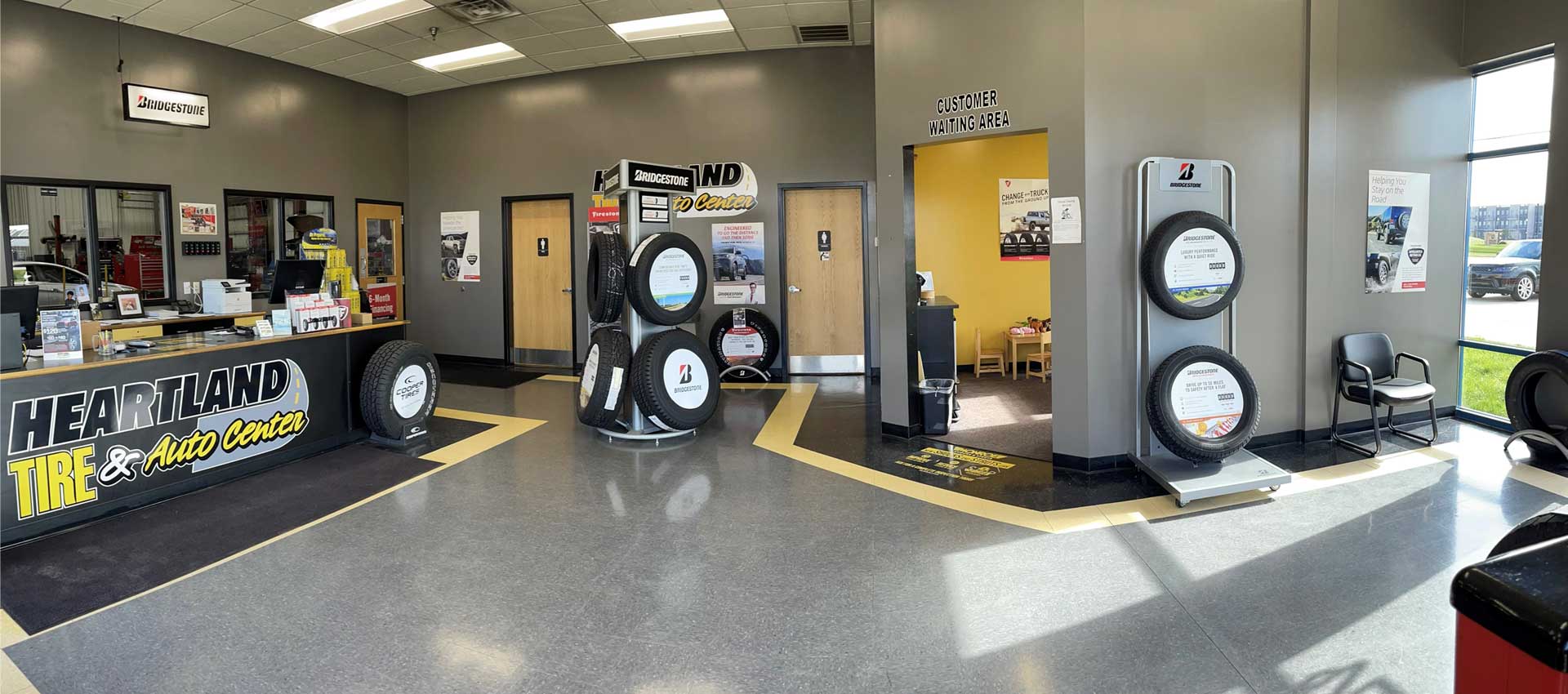Discover Top-Quality Tires Morris IL: Select the most effective for Your Lorry
Discover Top-Quality Tires Morris IL: Select the most effective for Your Lorry
Blog Article
Tire Solution: Understanding Tire Pressure Tracking Equipments
Recognizing Tire Stress Surveillance Equipments (TPMS) is an important facet of keeping optimum lorry efficiency and safety and security on the roadway. With developments in automobile innovation, TPMS has come to be a typical attribute in modern-day lorries, supplying real-time info on tire pressure degrees.

Importance of TPMS
The importance of Tire Pressure Monitoring Equipments (TPMS) exists in their capacity to boost vehicle security and performance via real-time surveillance of tire pressure levels. Maintaining the proper tire pressure is essential for making sure optimum handling, braking, and general safety of an automobile. TPMS supplies chauffeurs with instant comments on any kind of overinflated or underinflated tires, permitting timely changes to be made.
Parts of TPMS
Sensing units are typically situated in the tire valve stem or attached to the wheel setting up, where they gauge tire stress and transmit information to the control module. Some progressed TPMS designs likewise display the real tire pressure readings for each tire, giving motorists with real-time info to ensure optimum tire performance and safety and security. By checking tire stress constantly, TPMS assists prevent mishaps, reduces tire wear, and boosts fuel performance, making it an important part for vehicle safety and security and performance. morris tire and alignment.
Kinds of TPMS

On the other hand, indirect TPMS depends on the automobile's wheel rate sensing units to monitor tire stress. This system identifies underinflation by comparing the rotational speeds of the wheels. Indirect TPMS is less expensive than straight TPMS, as it makes use of existing sensing units within the lorry.
While straight TPMS supplies more accurate readings, indirect TPMS is easier in style and typically requires less maintenance. Both systems have their advantages and constraints, and the selection in between them commonly relies on factors such as expense, vehicle make, and individual choice. Recognizing the distinctions in between these two kinds of TPMS can help vehicle proprietors make notified decisions relating to tire maintenance and safety.
TPMS Upkeep Tips
Efficient upkeep Our site of TPMS is essential for ensuring optimum efficiency and security of your vehicle. Regularly inspecting the TPMS sensing units for any type of damage or deterioration is critical. Ensure that the sensing units find out here are cost-free and tidy from debris that can hinder their performance. Furthermore, it is a good idea to inspect the sensor batteries periodically and change them as needed to ensure accurate readings. Conduct regular look at the tire stress levels and contrast them with the TPMS readings to guarantee they correspond. If there are any kind of inconsistencies, recalibrate the system adhering to the producer's standards. Moreover, during tire rotation or substitute, make certain that the TPMS components are taken care of meticulously to avoid any type of prospective damages. Lastly, if the TPMS cautioning light illuminates on the control panel, deal with the issue without delay by checking the tire pressures and the total system for any kind of faults. By adhering to these upkeep pointers, you can lengthen the lifespan of your TPMS and enhance the security of your driving experience.
Advantages of Appropriate Tire Pressure
Preserving proper tire pressure, as stressed in TPMS Upkeep Tips, is important for reaping the many advantages associated with optimum tire pressure levels. In addition, proper tire pressure guarantees also tire wear, extending the life expectancy of the tires and promoting safer driving problems. In conclusion, the advantages of appropriate tire stress go past just tire longevity; they include enhanced gas efficiency, improved safety, much better car efficiency, and total driving convenience.
Conclusion
To conclude, comprehending tire stress monitoring systems (TPMS) is critical for maintaining optimal tire pressure and making sure lorry safety click resources and security. By identifying the value of TPMS, being familiar with its elements, recognizing the various kinds readily available, sticking to correct upkeep pointers, and understanding the advantages of keeping correct tire stress, vehicle drivers can boost their driving experience and prolong the life-span of their tires. Appropriate tire pressure is key to reliable and risk-free automobile operation.

Report this page